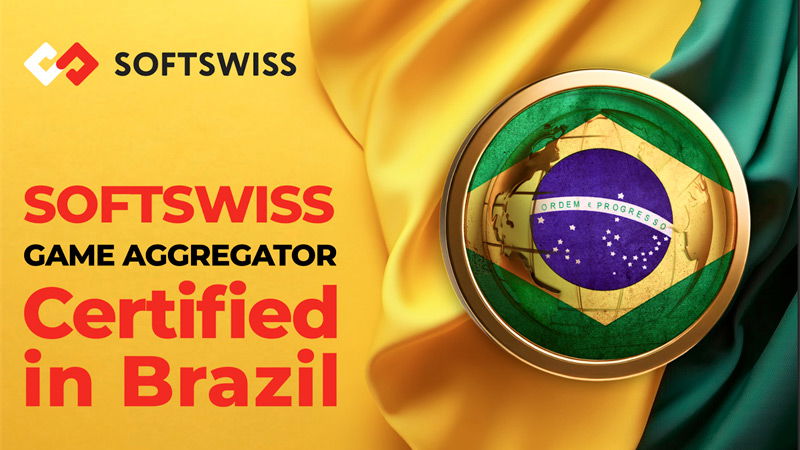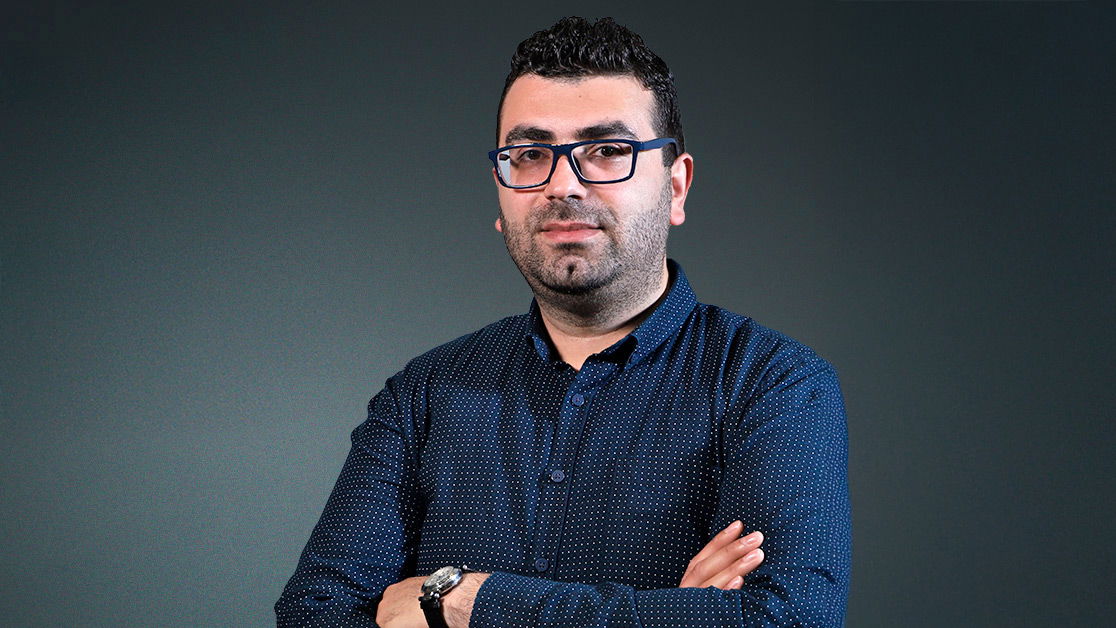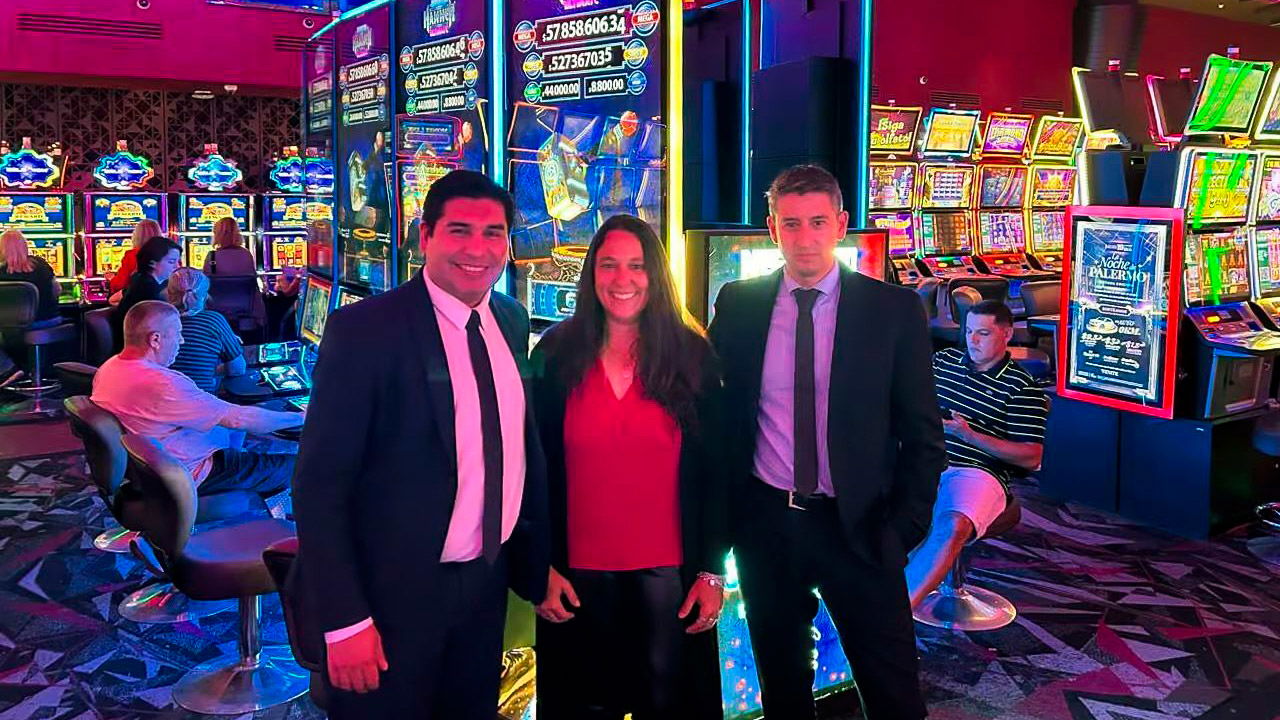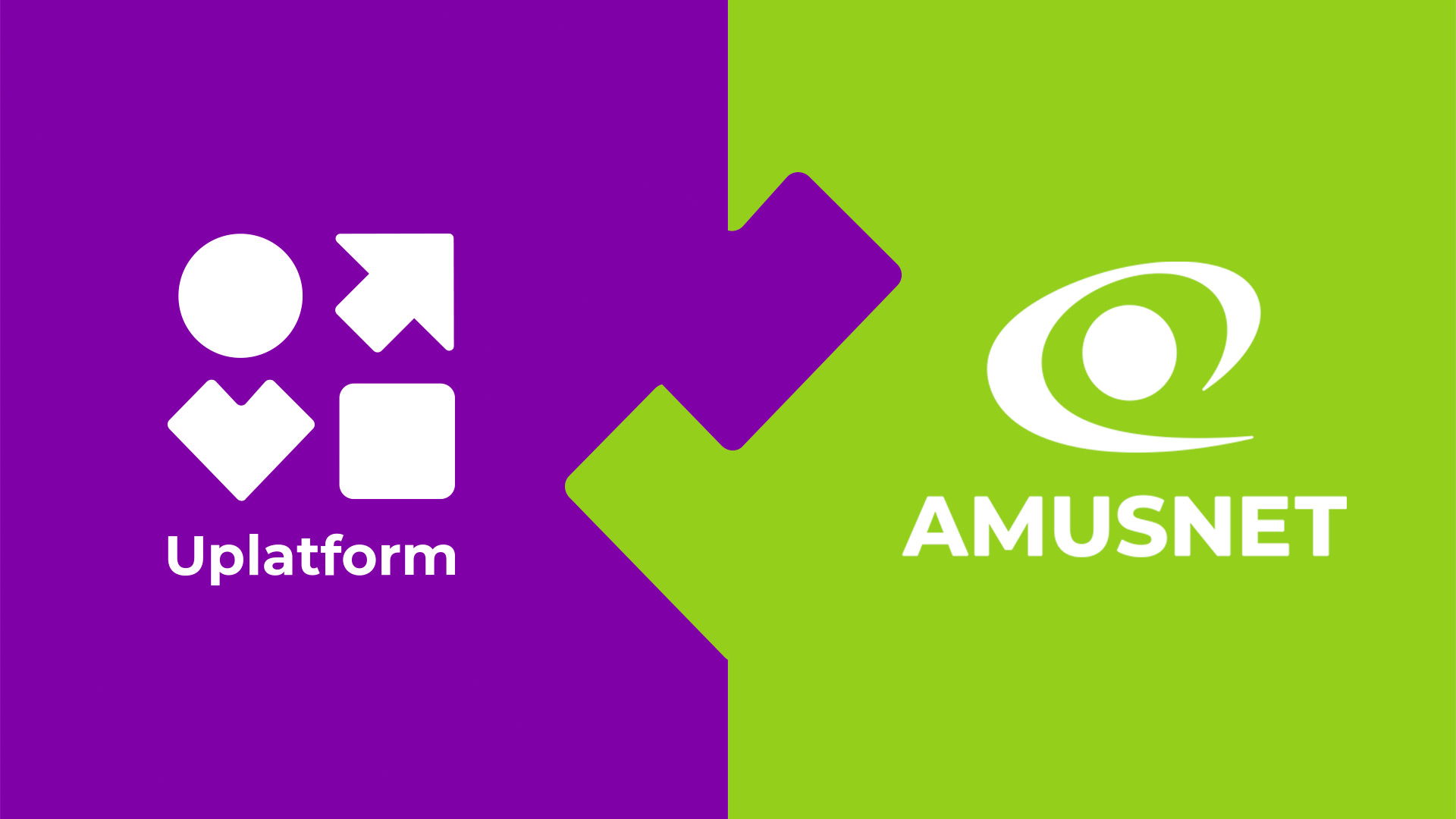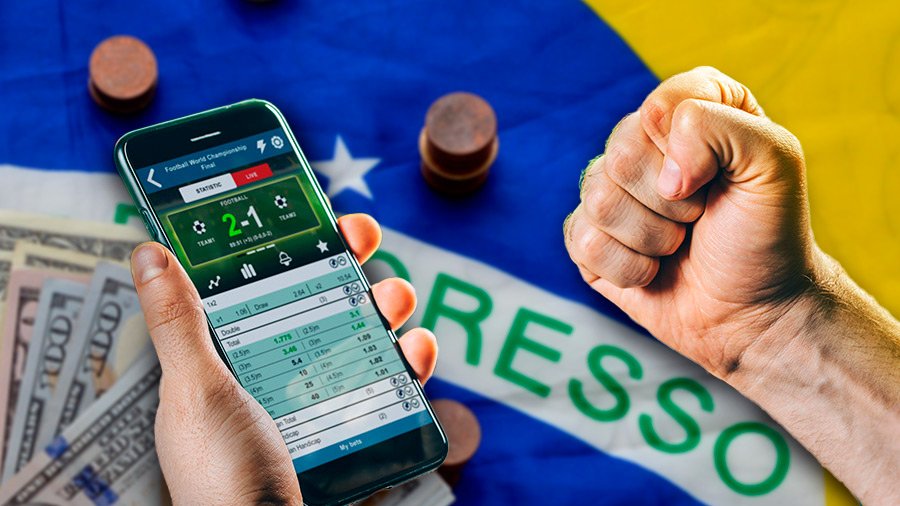Slotegrator analysis: 5 best places to license your online casino in 2023

Marketer specializing in content marketing, PR, advertising, brand awareness, and event management. Responsible for the media planning, brand, content, and PR, company's marketing and promotion activity at Slotegrator.
One of the first challenges new online gambling operators face is the choice of a licensing jurisdiction. To steer them in the right direction, Svetlana Kirichenko,
Head of Marketing at Slotegrator, shares the world ranking of jurisdictions that offer licenses to online gambling companies.
A gambling license is a necessity for new operators — or established brands expanding into new markets — but choosing a regulator to acquire a license from is no easy task. Jurisdictions around the world offer licenses, and each has its strengths and weaknesses when it comes to issues like fees, taxes, and reputation.
Let’s take a quick look at the top 5:
1) Curaçao. Curaçao is one of the industry’s most popular licensing jurisdictions with its relatively straightforward and affordable licensing procedure. Currently, there are four Master License holders who have the right to issue and regulate sublicenses, but changes are expected in 2023: there will be a new independent regulator — the Curacao Gaming Authority — as well as independent B2C and B2B licenses. As Curaçao remains the first choice for many online casino operators, the updated regulations are hotly anticipated.
2) Malta. Malta was the first EU member state to fully recognize the potential of online gambling, approving the Remote Gaming Regulations in 2004. The license from the Malta Gaming Authority (MGA) is highly appreciated by operators and recognized by game developers and payment service providers around the world. It is also known as a guarantor of quality and legality, and the MGA maintains its reputation with a rigorous application process.
The MGA licenses both B2B and B2C activities. B2C licenses for iGaming are divided into four types, each of which allows the holder to organize different types of activities.
3) The Isle of Man. The government of The Isle of Man works closely with the private sector in order to create the best possible environment for the development of the iGaming industry. With business-friendly legislation and a competitive tax policy, the license is very popular, though licensing fees can be high.
The Gambling Supervision Commission issues three different kinds of B2C license — a full license, a sublicense, and a network services license — depending on the business’s experience and business model, as well as a B2B software supplier license.
4) Gibraltar. The Gibraltar license has earned the trust of both players and software providers. The Gambling Division of the island’s government only considers applications from companies with experience in the gambling industry, other licenses issued by recognized jurisdictions, good financial standing, and a real business plan. While the licensing fee is a steep £100,000 for remote gaming and betting licenses, there are special tax privileges and no VAT.
5) Kahnawake. A license from the Kahnawake Gaming Commission is one of the most popular among operators due to the regulator’s transparency and the absence of taxes. The Kahnawake Gaming Commission has established itself as a body that stands for fair and responsible gaming. The jurisdiction has a zero tax rate, no additional gambling tax, a relatively low license fee, and a straightforward licensing process.
"A gambling license allows a customer to legally operate a gambling business. It is proof of integrity and creates a reputation as a reliable business in the eyes of B2B vendors and players. In addition, a license allows one to operate in regulated markets and protects one from all sorts of problems. When entering new markets, obtaining a license is a must," says Svetlana Kirichenko, Head of Marketing at Slotegrator.



